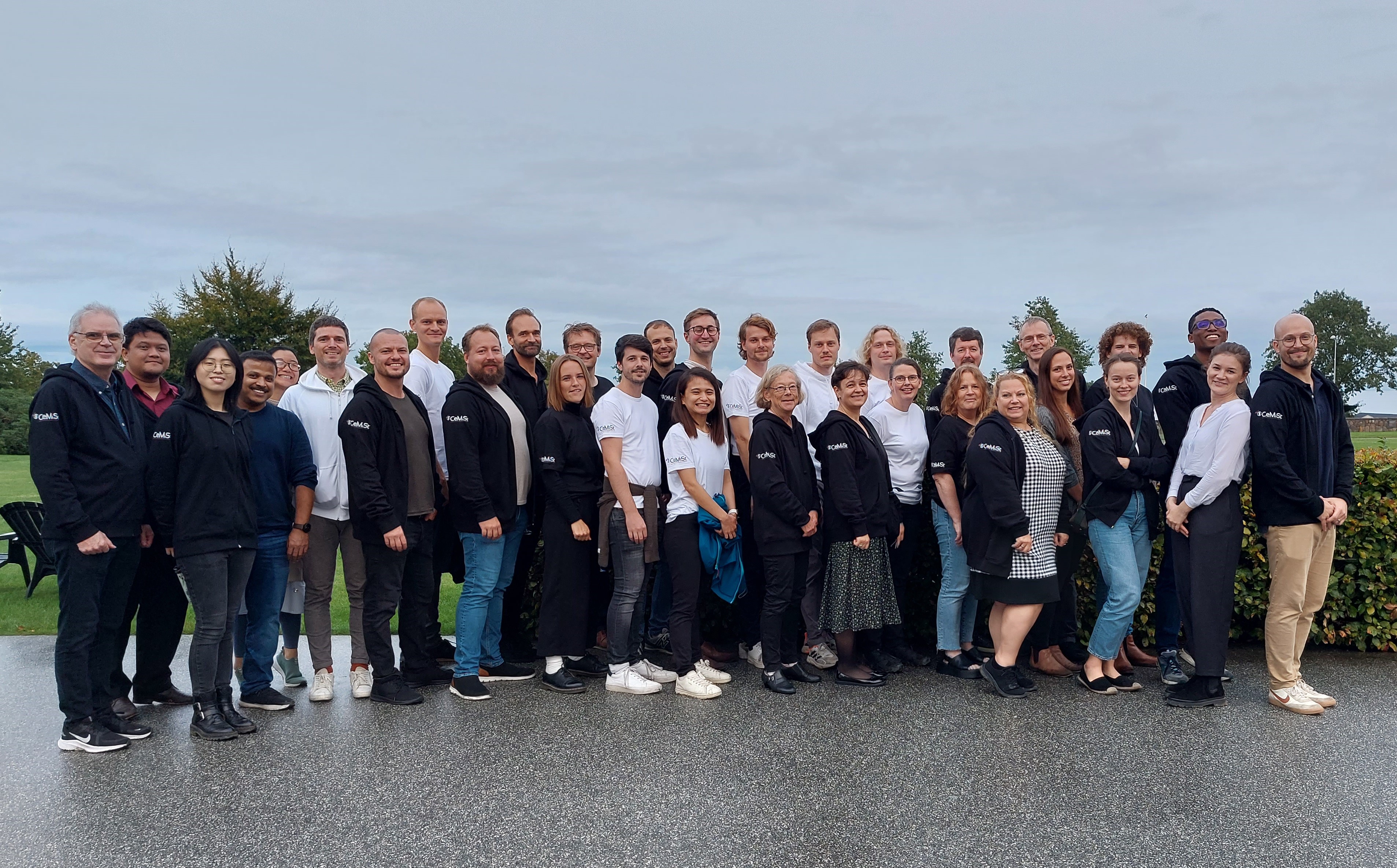Highlights 2023

2023 was, like previous years, productive with new results, publications, conferences and PhD candidates.
- CeMiSt showed that the physiology of the producing microorganism can be dramatically affected by the ability to produce a particular secondary metabolite, that microbial secondary metabolites can specifically induce or reduce gene expression in other microorganisms, and that turnover of secondary metabolites from one microorganism by another can result in new bioactive chemistry.
- Using sequence analyses, CeMiSt found that genes encoding secondary metabolites evolve faster than other genes, and that horizontal gene transfer and cross-metabolism in a microbiome also enable rapid chemical diversification.
CeMiSt published 21 scientific articles in 2023 and was on the Clarivate Highly Cited Researcher list with professor Tilmann Weber. Four CeMiSt participants (Jens Frisvad, Lone Gram, Thomas Larsen and Tilmann Weber) were included on the Stanford list of the 2% most cited researchers. Three PhD students defended their theses in 2023 and two in February 2024. CeMiSt members gave invited lectures and presented posters at conferences, and several CeMiSt members received additional grants from the Innovation Foundation Denmark, the Novo Nordisk Foundation, EU and the Villum Foundation.
In connection with a CeMiSt PhD defense, members of the assessment committee (Professor Alison Buchan, Professor Mathias Middelboe and lecturer Paul Fogg) held a seminar on bacteriophages and horizontal gene transfer "Beyond genetic borders: Decoding the interactions of plasmids, phages, and bacteria".
CeMiSt received DKK 1/2 million from the Novo Nordisk Foundation to organize its 3rd international conference on “Microbial Secondary Metabolites in Microbiomes 2024” (MSMM2024).
CeMiSt participated with the other Centers of Excellence at DTU in “Forskningens Døgn” and held the annual 2-day Center retreat at Rungstedlund, with presentations from all PhD students and postdocs in the Center. In March, CeMiSt was granted a four-year extension and has therefore started the rollout, both academically and in terms of personnel, of CeMiSt 2.0, which will run until 2028.